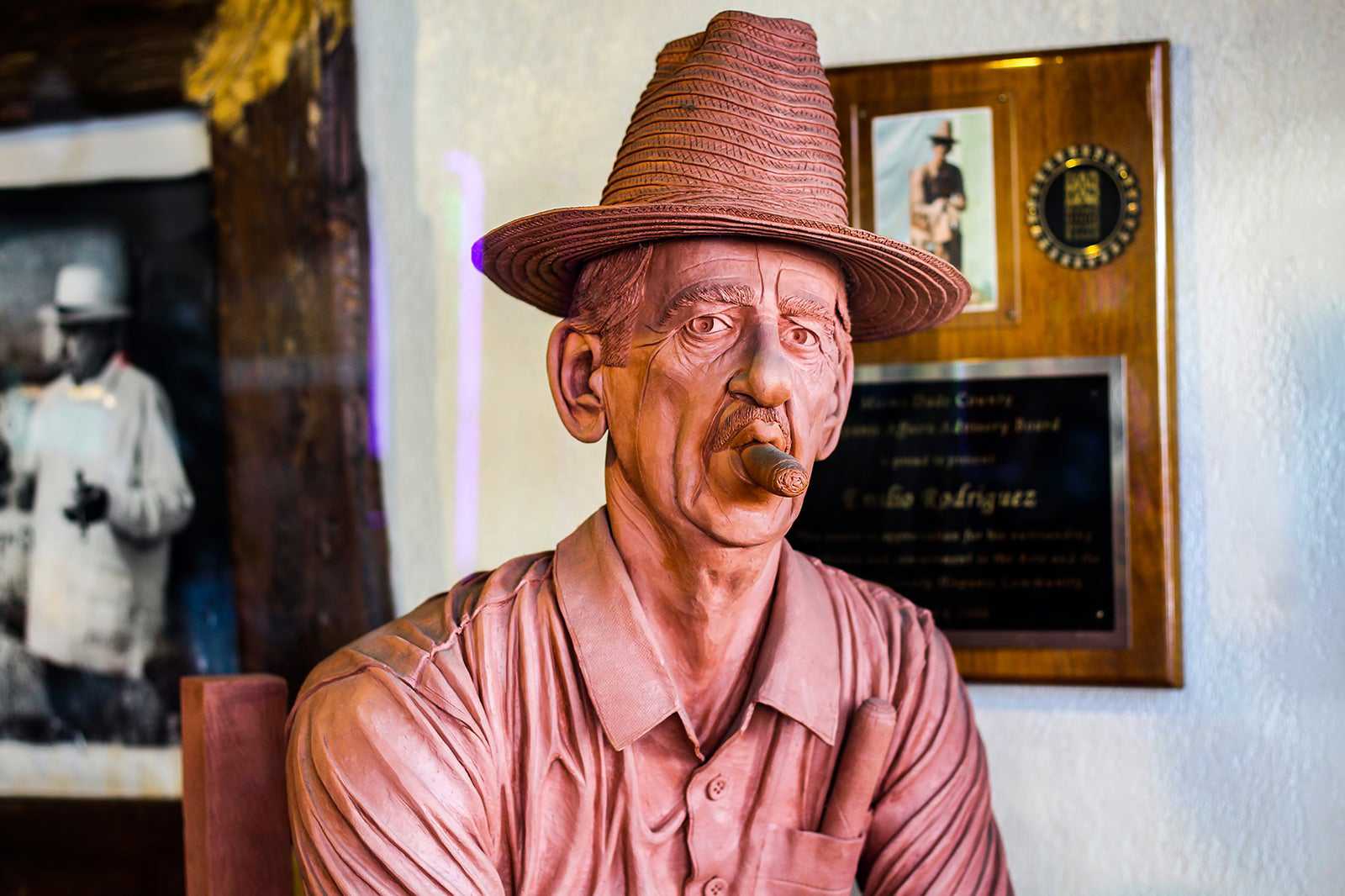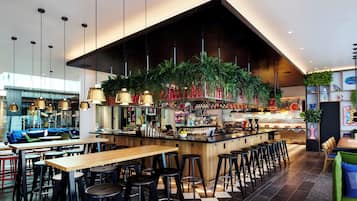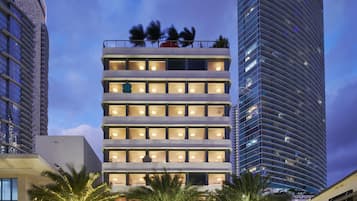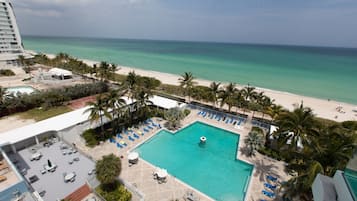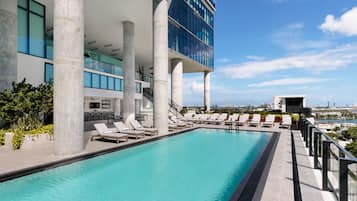Little Havana is the heart of Miami’s Cuban community, first formed when hundreds of thousands fled Cuba for America in the decades following Fidel Castro’s 1959 revolution. Found a 10-minute drive west of Downtown Miami, Little Havana has plenty of shops, restaurants, markets, bars and cultural sights, mainly along the Calle Ocho strip.
Little Havana offers the best taste of Cuban life you can find without actually going to Cuba, whether it’s the sight of elderly people playing dominoes in Máximo Gómez Park or the proliferation of cigar shops. Yet it’s not all about Cuba here – Little Havana has since become a magnet for Spanish-speaking people from across Central and South America, giving this part of Miami a distinctly diverse Latin American flair.
These days, you’ll just as easily find a Thai, Vietnamese or Mexican restaurant around the neighbourhood as you would a Cuban sandwich shop. Some 60,000 people currently call Little Havana home, and it’s grown into a popular destination for foodies and those curious about its vibrant arts and nightlife scene.
Little Havana in Miami - one of the highlights of 11 Best Free Things to Do in Miami and 10 Best Things to Do in Miami (Read all about Miami here)
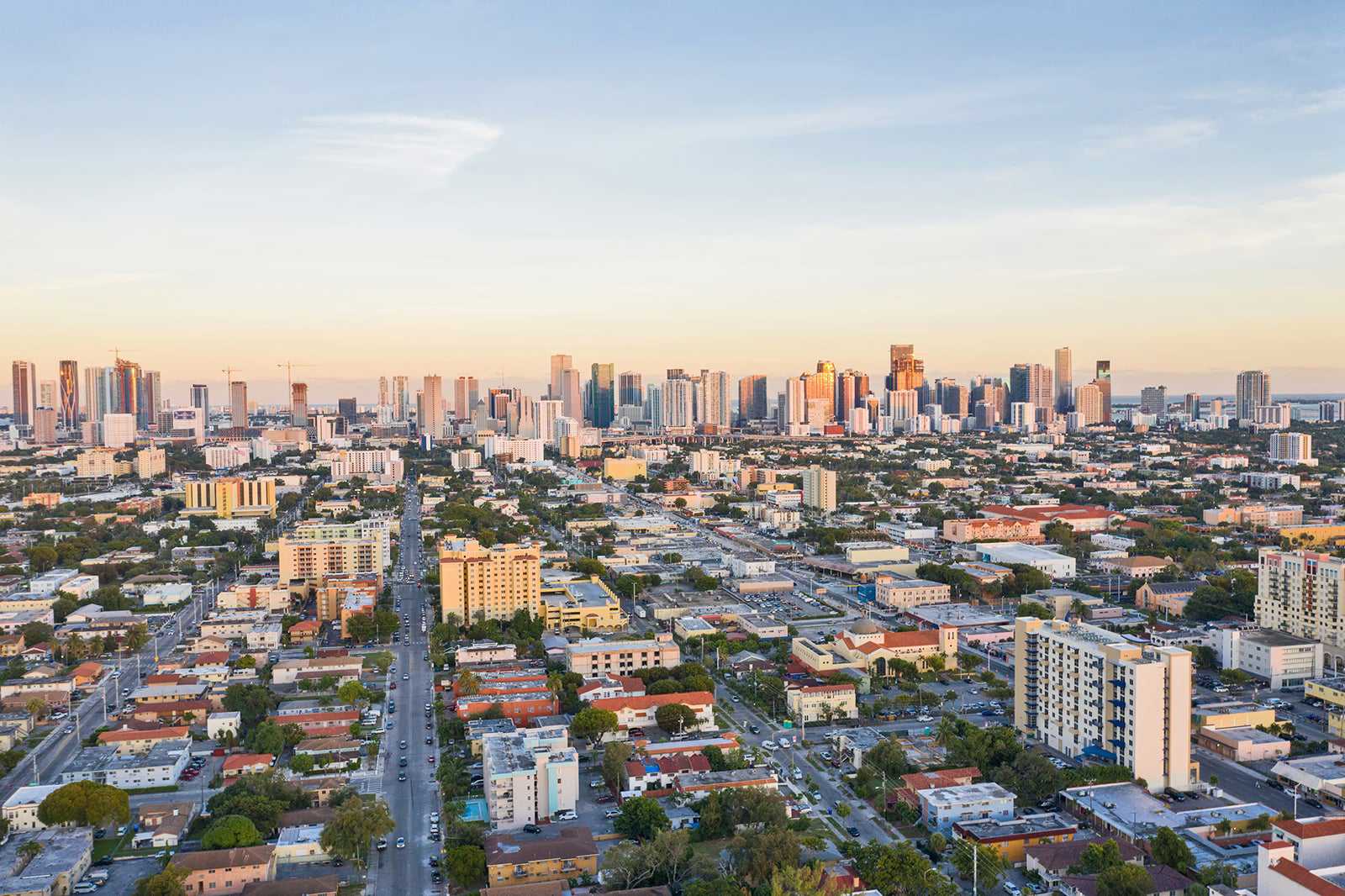
What are the highlights and features of Little Havana?
Little Havana encompasses several blocks of mostly residential streets, but if you want to dive right into the heart of the community, head to Calle Ocho (Southwest 8th Street), where its Latin-flavoured charms really come to life. It’s best to travel on foot to better take in the Art-Deco architecture, colourful street murals, and rhythm of life in the neighbourhood’s shops and markets. A distinctive sight in Little Havana are the giant statues of roosters, which are a symbol of strength and power in Cuban culture.
You won’t leave Little Havana feeling hungry as there are plenty of places to grab a snack, sit down for a meal or sip coffee. Satisfy your sweet tooth at Azucar Ice Cream Company, a long-running favourite for locals, or order a cafecito (a small cup of strong and sweet Cuban coffee) at one of the area’s ventanitas (walk-up coffee windows). Or to enjoy a blend of sweet and caffeinated, try a banana-cafe batido (a banana milkshake with a shot of coffee) at Los Pinarenos Fruteria, the oldest open-air market in Miami.
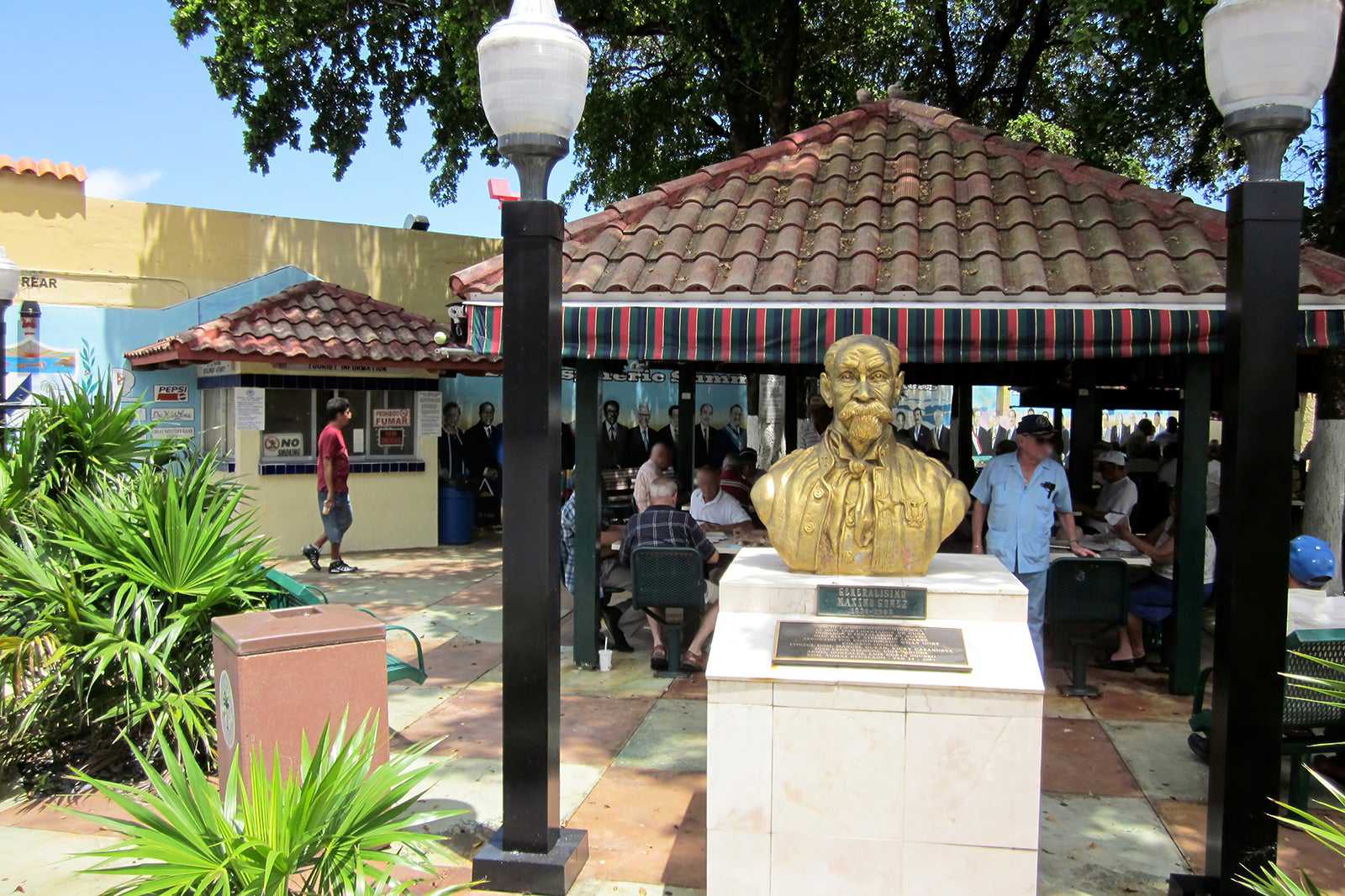
ภาพโดย Infrogmation of New Orleans (CC BY-SA 2.0) เวอร์ชั่นแก้ไข
Nightlife and festivals of Little Havana
Nightlife in Little Havana is about much more than just sipping mojitos – though sipping that famous Cuban cocktail is a fine way to spend an evening here, too. Those who start the night with dinner at Versailles will find a place buzzing with conversation. This restaurant has been a hotbed for political chatter since it became an unofficial ‘town square’ for Cuban exiles in the 1970s.
Check out the Ball & Chain concert hall for some great live entertainment, a fixture on the nightlife scene since the 1930s that has hosted the likes of Billie Holiday and Chet Baker. Hoy Como Ayer is an iconic spot for its live Afro-Cuban music, with a small dance floor that gets packed night after night.
Viernes Culturales is a local festival held on the 3rd Friday of every month, and a great way to delve into Little Havana’s arts and culture scene in one evening. Local galleries strung between 13th and 17th avenue and at Futurama Art Building stay open late for exhibitions and artist talks, all free to explore. And every March, Little Havana plays host to the Calle Ocho Music Festival, a boisterous street festival with live music, salsa dancing, and lots of food to try.
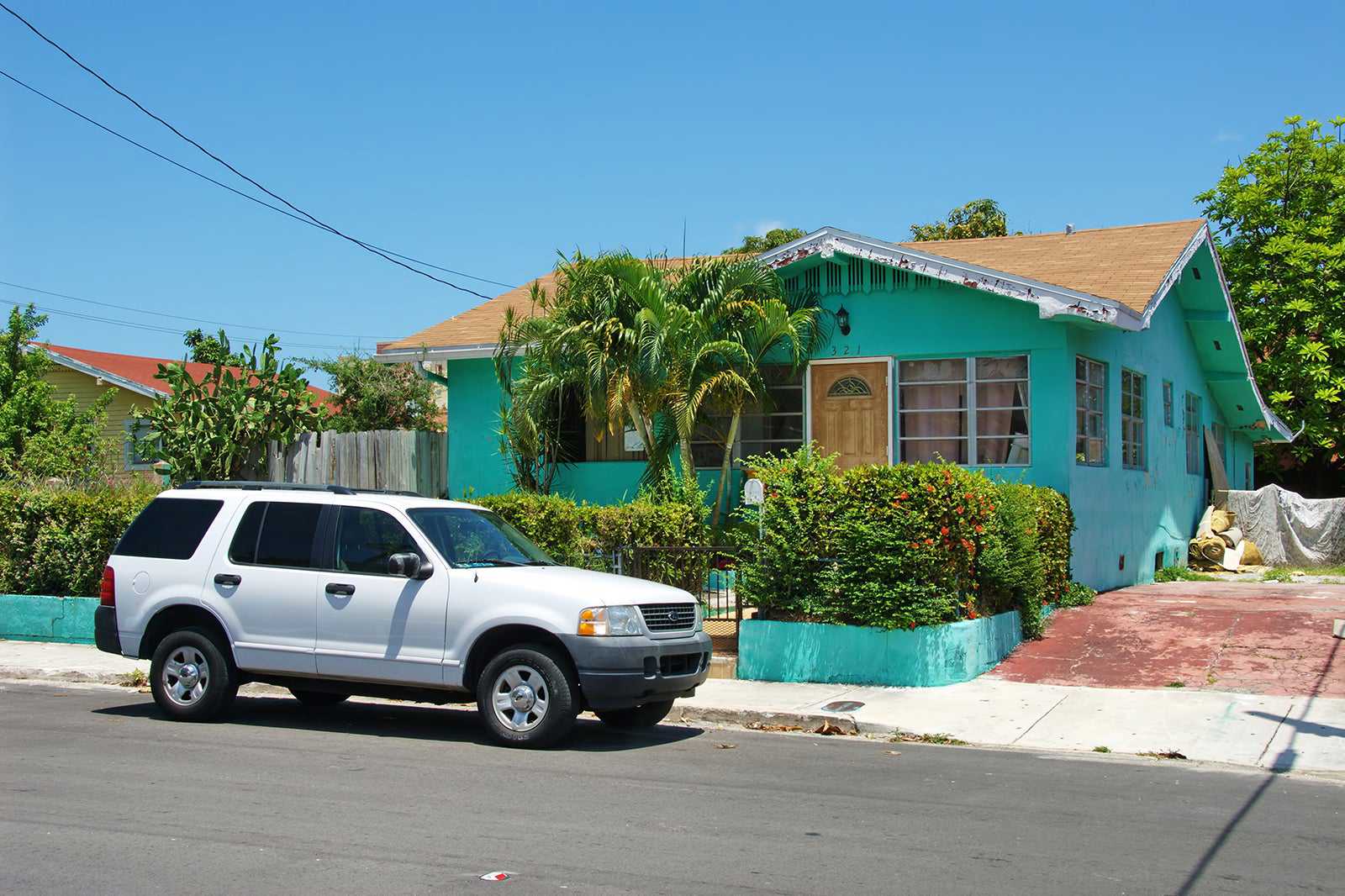
Good to know about Little Havana
Little Havana is easy to explore on your own, but if you’re short on time or want a more in-depth look into this vibrant Latin community then it’s worth checking out some of the walking tours on offer.
Some Little Havana tours focus on the food while other tours offer a mix of culinary and cultural discoveries – and rum tastings! A typical tour takes 2 to 3 hours, including stops at such historic sights as the Art-Deco Tower Theater and the Bay of Pigs Monument, going to a cigar factory to watch the skilful hand-rolling technique, as well as grazing for local delicacies at bakeries and cafes run by Cuban exiles.
Those who prefer to walk at their own speed could first stop by the Little Havana Visitor Center near Domino Park for neighbourhood maps and information.
